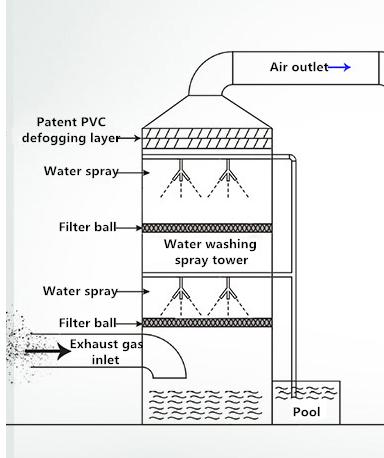Tensile Testing Equipment for Material Strength Evaluation and Analysis
Understanding Tensile Tester Machines Their Importance and Functionality
In the realm of materials testing and quality assurance, tensile tester machines play a pivotal role. These sophisticated instruments are essential for determining the tensile properties of materials, helping engineers and manufacturers ensure that products meet required safety and performance standards.
What is a Tensile Tester Machine?
A tensile tester machine, sometimes referred to as a tensile testing machine or a universal testing machine, is designed to apply a controlled pulling force to a material sample until it fails. This failure can manifest as yield, fracture, or elongation, depending on the material being tested. The fundamental purpose is to evaluate how materials behave under tension, which is critical in various industries, including aerospace, automotive, construction, and textiles.
Features of Tensile Tester Machines
Tensile testers typically feature a robust frame that houses the testing mechanism, which may include hydraulic or electromechanical systems. The machine comprises several key components
1. Load Cell This sensor measures the amount of force being applied to the specimen. It converts the physical force into an electrical signal, which can be displayed and recorded.
2. Crosshead The crosshead moves in accordance with the testing speed, applying tension to the material sample. The movement can be controlled to ensure consistent testing conditions.
3. Grips and Fixtures These components hold the specimen securely during the test. Various grip designs may be used depending on the material type and shape, ensuring that no slippage occurs during testing.
tensile tester machine

4. Data Acquisition System Most modern tensile testers are equipped with advanced data acquisition systems that record the load and elongation data throughout the test. This data is crucial for analyzing material properties such as ultimate tensile strength, yield strength, elongation at break, and modulus of elasticity.
Importance of Tensile Testing
The significance of tensile testing cannot be overstated. It delivers valuable insights into material performance characteristics that influence the design and manufacturing processes. Here are some reasons why tensile testers are indispensable
1. Quality Control By testing raw materials and finished products for tensile strength, manufacturers can ensure that they meet regulatory standards and performance specifications, minimizing the risk of product failures.
2. Material Selection Engineers often rely on tensile testing to select the most suitable materials for specific applications. Understanding how different materials respond to tensile forces helps in making informed decisions that affect safety, durability, and cost-effectiveness.
3. Research and Development In the development of new materials or products, tensile testing provides critical data that can guide design improvements and innovations.
4. Failure Analysis When a component fails prematurely, tensile testing can help identify whether the materials used were inadequate for the application, leading to better material choices in future designs.
Conclusion
Tensile tester machines are essential tools in the field of materials science, providing critical data that influences design, quality control, and safety across various industries. As manufacturers increasingly focus on producing high-performance materials that meet strict regulatory standards, the role of tensile testing becomes even more significant. By understanding the properties of materials under tension, companies can innovate and optimize their products, ensuring that they deliver quality and reliability. Investing in advanced tensile testing technology not only enhances material characterization but ultimately supports the creation of safer and more durable products, paving the way for advancements across countless applications.
-
Why the Conductor Resistance Constant Temperature Measurement Machine Redefines Precision
NewsJun.20,2025
-
Reliable Testing Starts Here: Why the High Insulation Resistance Measuring Instrument Is a Must-Have
NewsJun.20,2025
-
Flexible Cable Flexing Test Equipment: The Precision Standard for Cable Durability and Performance Testing
NewsJun.20,2025
-
Digital Measurement Projector: Precision Visualization for Modern Manufacturing
NewsJun.20,2025
-
Computer Control Electronic Tensile Tester: Precision and Power for the Modern Metal Industry
NewsJun.20,2025
-
Cable Spark Tester: Your Ultimate Insulation Assurance for Wire and Cable Testing
NewsJun.20,2025
 Copyright © 2025 Hebei Fangyuan Instrument & Equipment Co.,Ltd. All Rights Reserved. Sitemap | Privacy Policy
Copyright © 2025 Hebei Fangyuan Instrument & Equipment Co.,Ltd. All Rights Reserved. Sitemap | Privacy Policy
